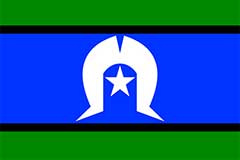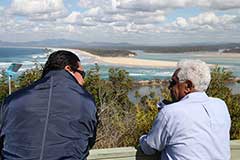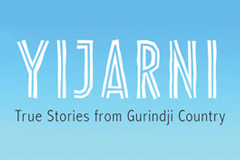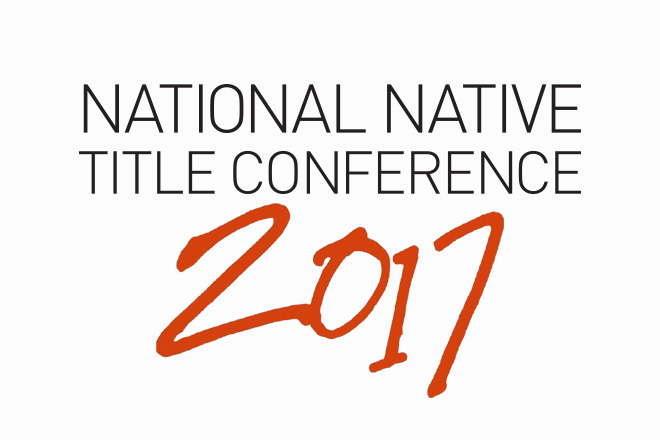by John Rudder
Ethnomathematics, as defined by Robert Hunter and Heather Whitely, is "mathematics used by a defined cultural group in the course of solving problems related to control of their environment" (Mathematics, prior knowledge and the Australian Aborigine, 1983).
Giving this definition a full interpretation, ethnomathematics is to do with perceptions associated with evaluations, qualities, quantities, and the relationships between aspects of known realities, including both spiritual and physical aspects. It is part of, and an expression of, any people's or group's world view or cosmology.
Early Western researchers were concerned primarily with quantities and studied Indigenous Australians' use or lack of use of numbers. Rarely was the question asked as to whether the Indigenous terms being spoken about were actually numbers or even part of a number system. The general assumption of researchers from the eighteenth century until the mid-twentieth century was that they belonged to an impoverished version of a number system.
From the 1960s research in ethnomathematics became more broadly focussed on what exists within Indigenous cultures that can be considered as a mathematical approach to the world.
As will be seen from the papers on the web site, within Aboriginal Australia, Indigenous mathematics focuses intensely on relationships of all kinds. It includes relationships between all aspects of the known environment, almost to the exclusion of concerns with quantity, with the patterns of human relations given as a prime example of this. It is a world where the identity of anything is perceived as unique and unchanging and defined by relationships which are also unchanging, knowledge is gained by discovery or by revelation. In the academic literature, the jury is still out, as to whether there is a number system and if so what it is. There are strong arguments both for and against.
Part of the impetus towards the study of ethnomathematics, as demonstrated by the papers, has been the necessity for educators to discover ways of bringing to Indigenous students an understanding of Western mathematics. To this end a co-operative approach between Indigenous and non-Indigenous educators has developed.
Further valuable research is yet waiting to be achieved through this co-operative exploration of mathematical understandings with Indigenous peoples.




